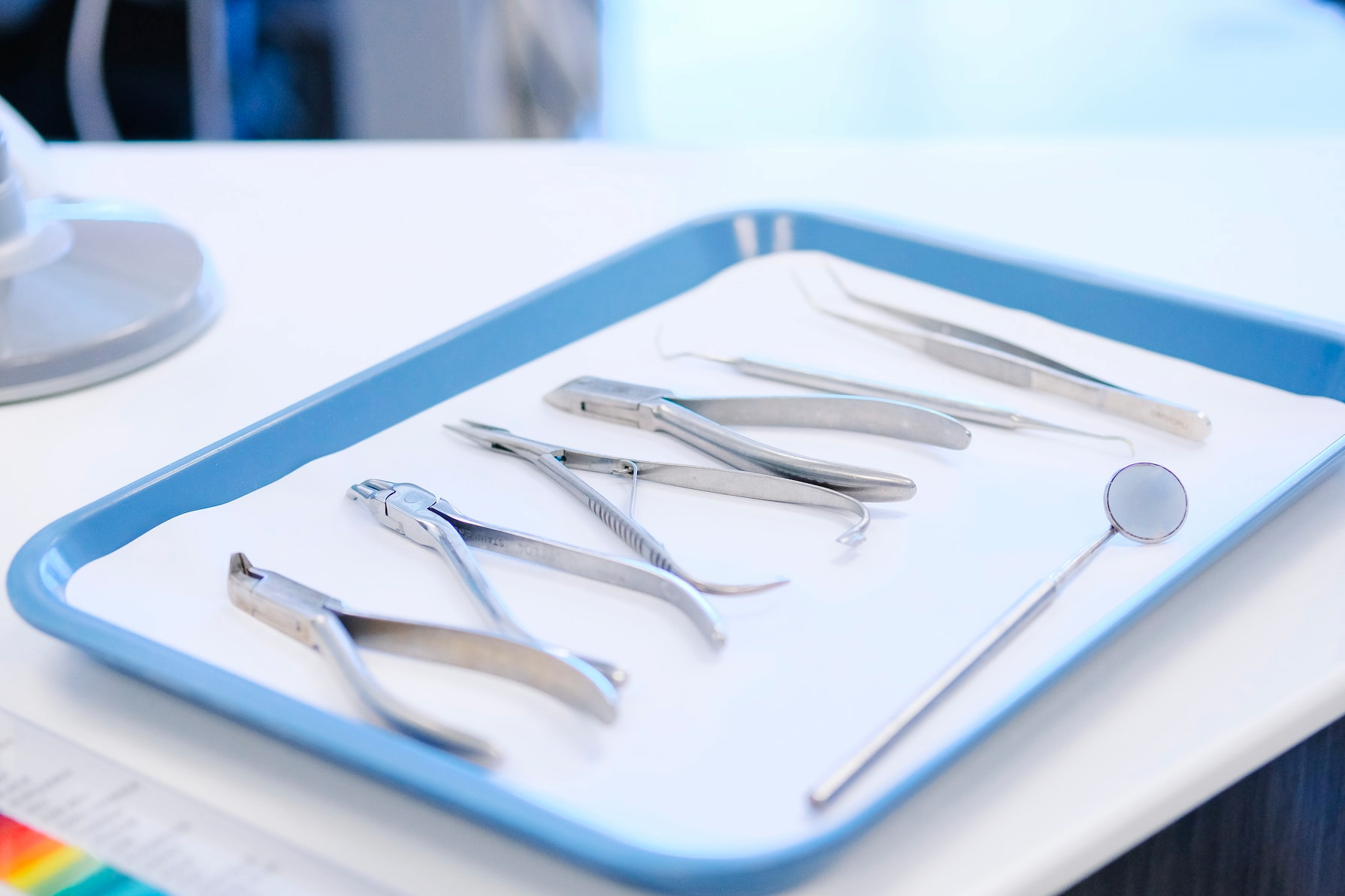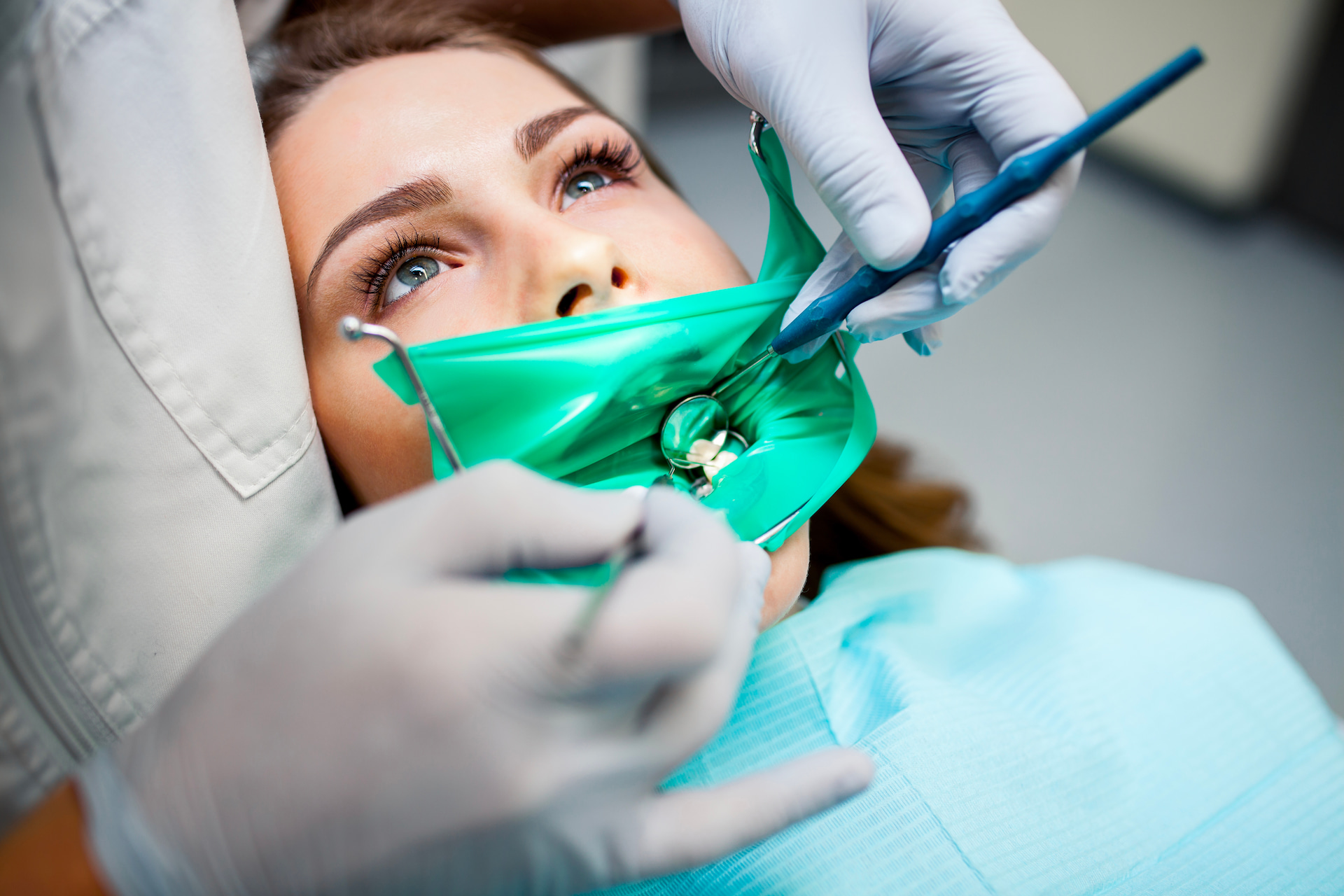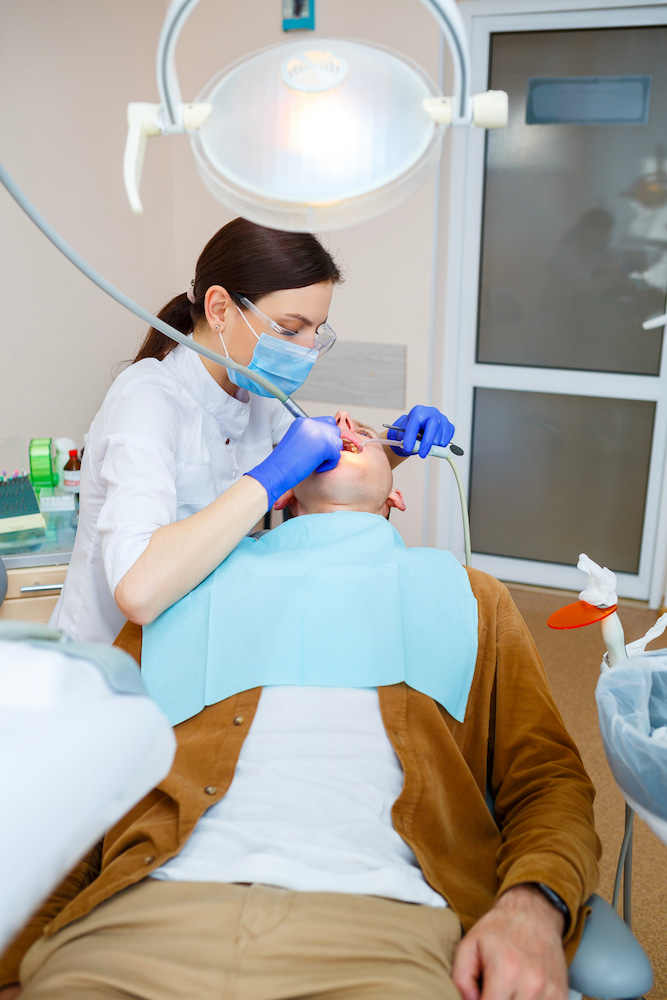Non-Surgical Extractions procedure
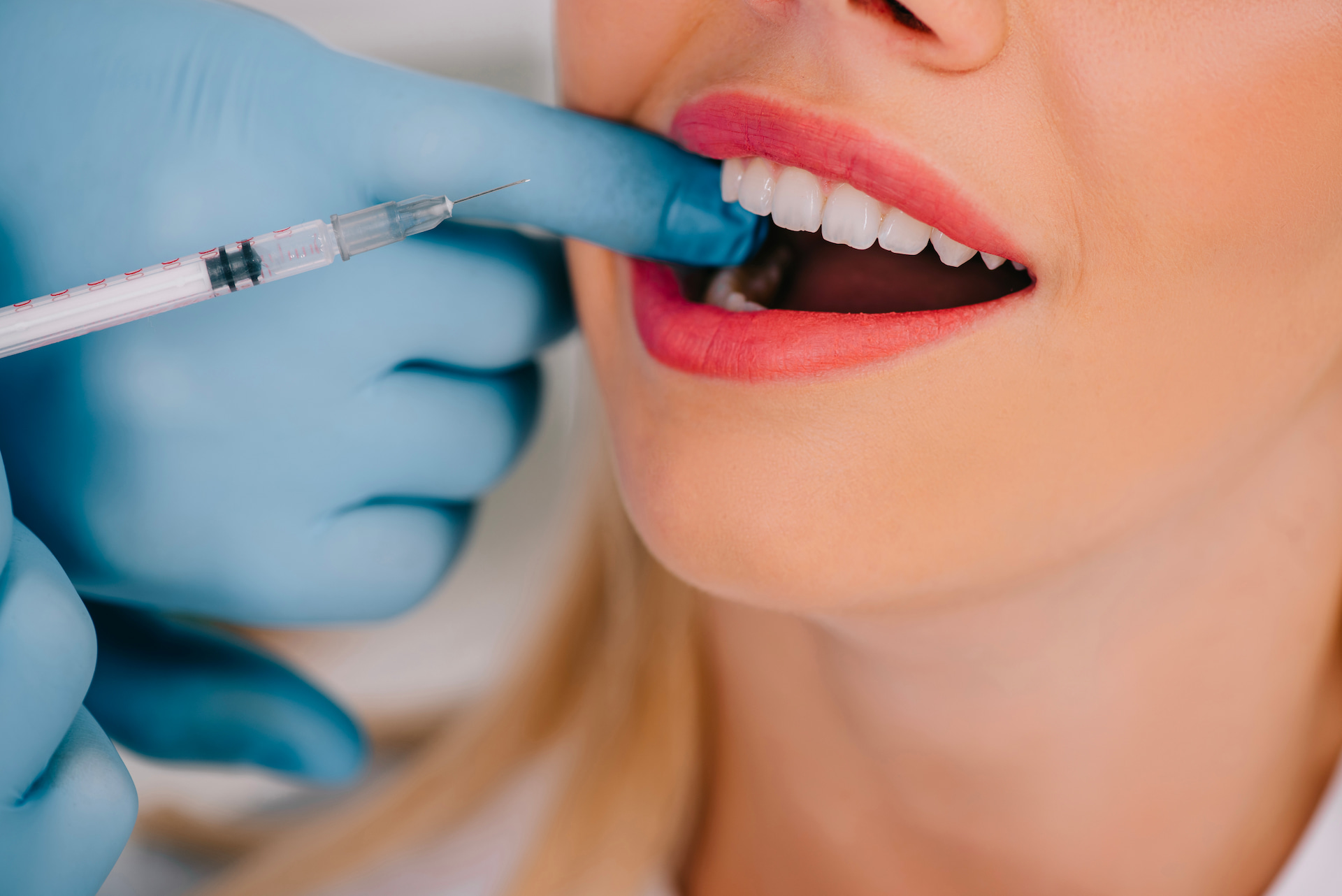
Assessment and evaluation
The non-surgical extraction procedure begins with a thorough assessment and evaluation of your tooth and oral health. Our experienced dentists will examine the affected tooth, review any X-rays or imaging, and discuss your symptoms and concerns. Based on this evaluation, they will determine if a non-surgical extraction is suitable for your specific case.
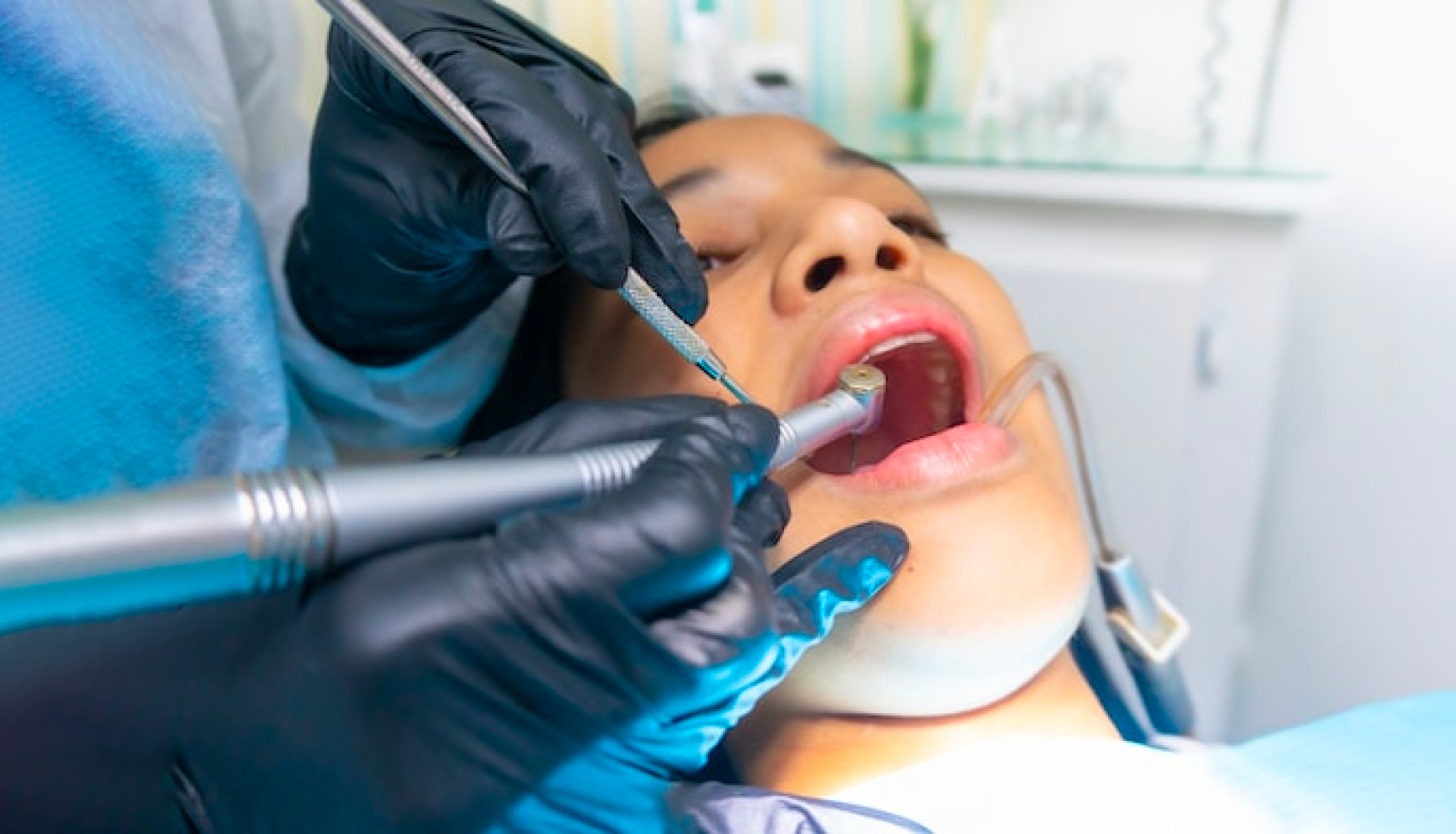
Local anaesthesia and tooth loosening
Prior to the extraction, a local anesthetic will be administered to numb the area around the tooth. This ensures that you remain comfortable throughout the procedure. Next, the dentist will use specialized dental instruments to gently loosen the tooth from its socket. This process may involve rocking or rotating the tooth to facilitate its removal.
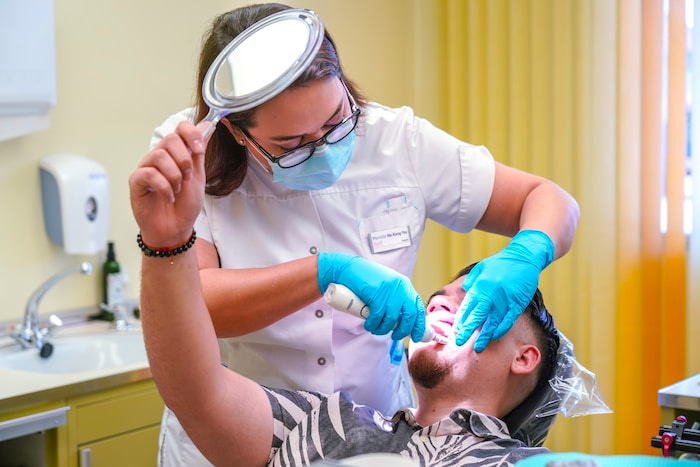
Extraction
Once the tooth has been adequately loosened, the dentist will use dental forceps to carefully grasp the tooth and gently remove it from the socket. They will employ controlled movements to minimize trauma to the surrounding tissues. In some cases, the tooth may need to be sectioned into smaller pieces for easier extraction, especially if it is impacted or has complex root structures.
Surgical Extractions procedure

Comprehensive evaluation and treatment planning
The surgical extraction procedure begins with a comprehensive evaluation of your tooth and oral health. Our experienced dentists will assess the complexity of the extraction and determine if a surgical approach is necessary. They will review any X-rays or imaging, discuss your symptoms and concerns, and create a personalized treatment plan tailored to your specific needs.
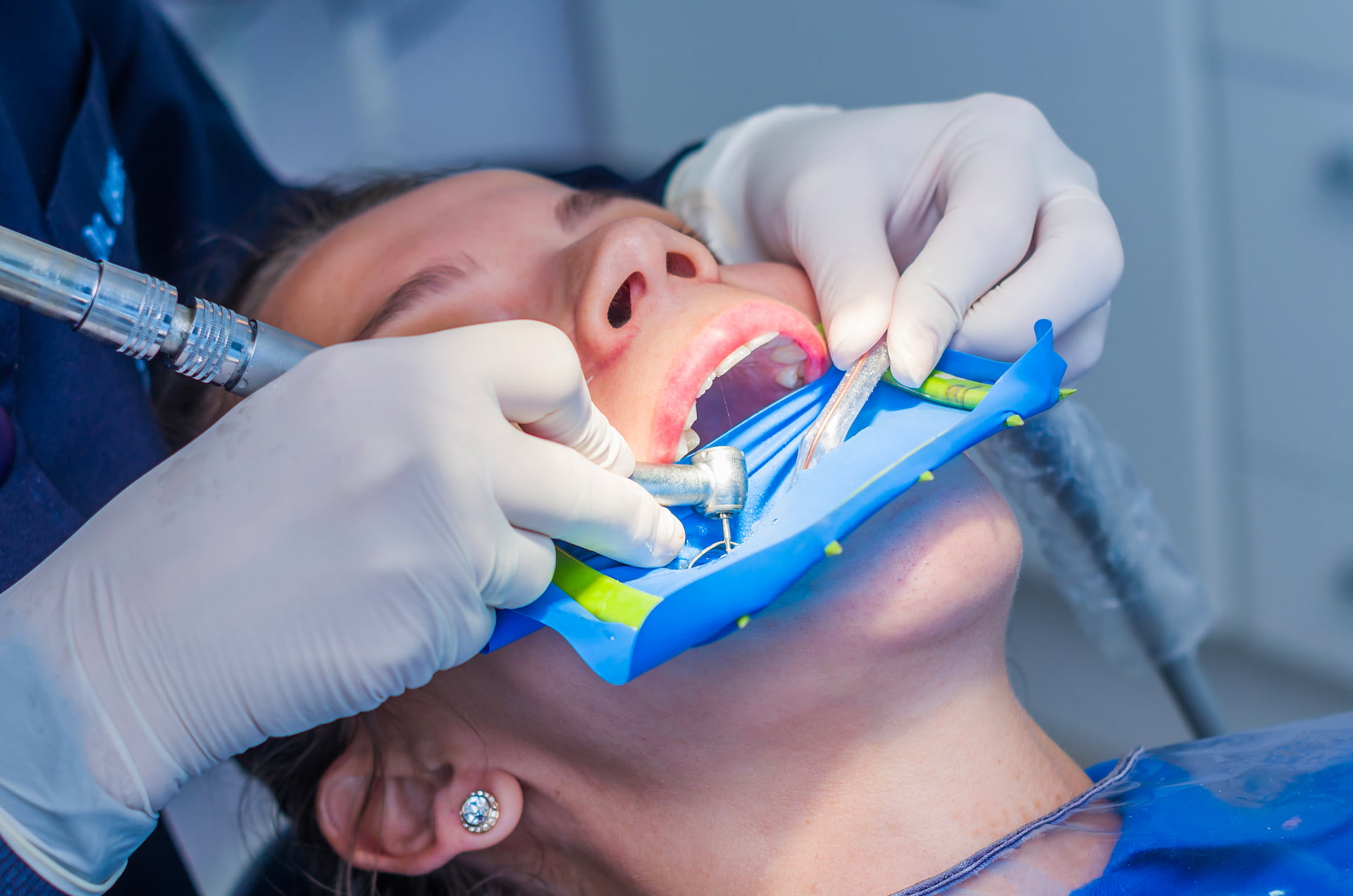
Preoperative preparation
Before the surgical extraction, the dentist will discuss the procedure with you and address any questions or concerns you may have. You will be provided with preoperative instructions, such as fasting if required, and may be prescribed antibiotics or other medications to prepare for the procedure. The dentist will also administer local anesthesia to ensure your comfort throughout the surgery.
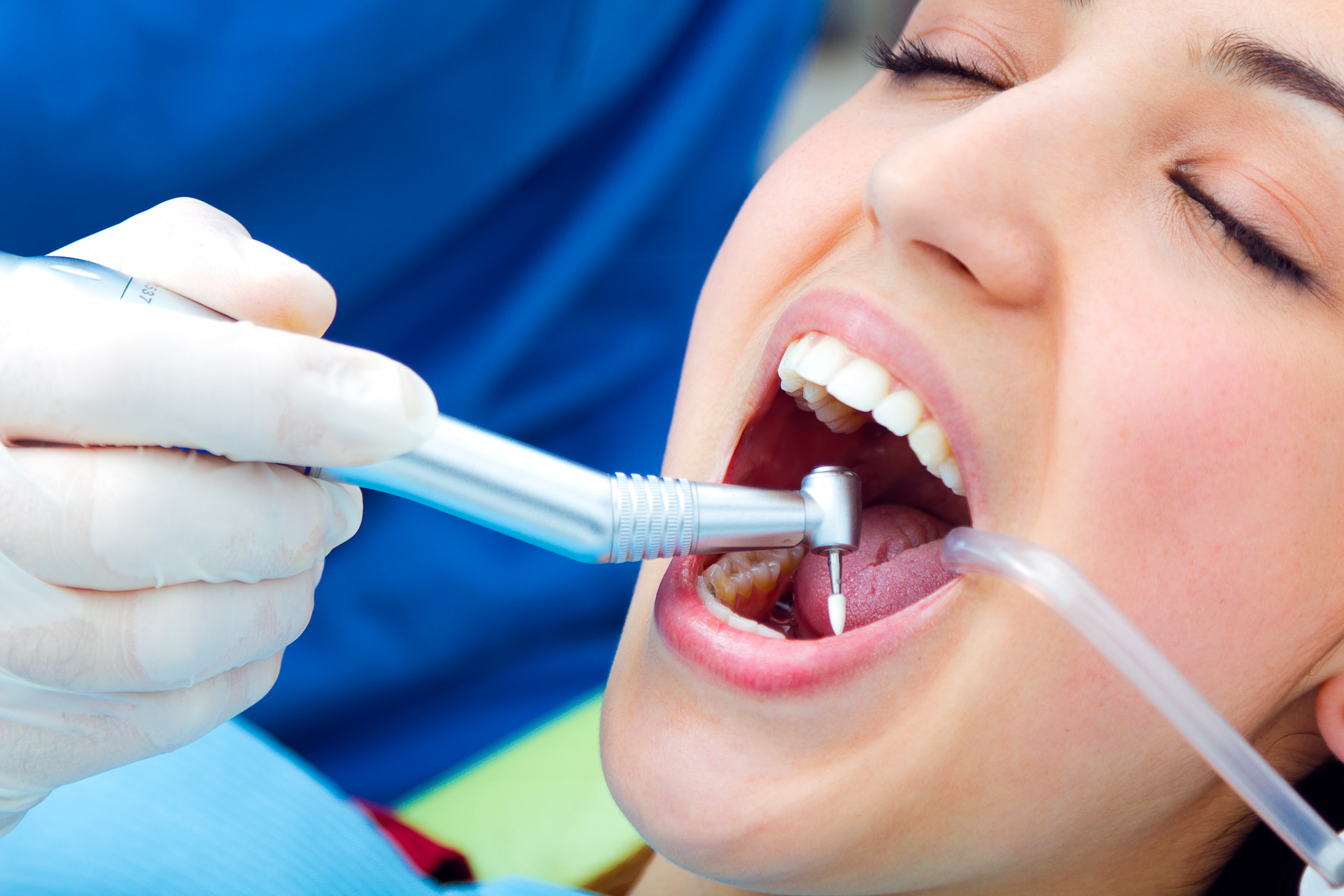
Extraction
During the surgical extraction, the dentist will make a small incision in the gum tissue to access the affected tooth. In some cases, a small amount of bone surrounding the tooth may also need to be removed. The dentist will carefully detach the tooth from the surrounding tissues, using specialized instruments and techniques. If necessary, the tooth may be sectioned into smaller pieces for easier removal. The area will be thoroughly cleaned and the incision sutured closed.
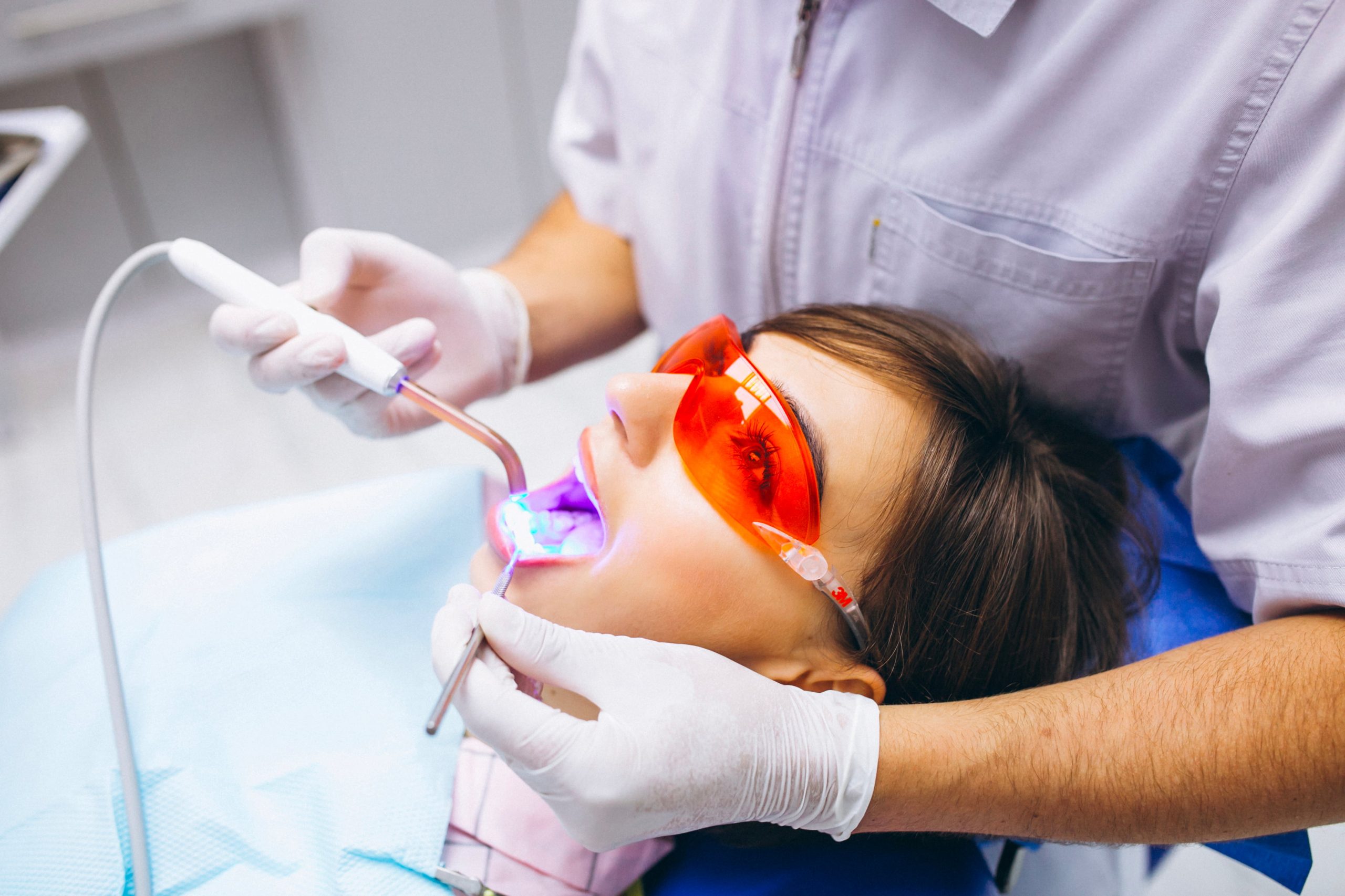
Postoperative care
After the surgical extraction, the dentist will provide you with detailed postoperative care instructions. You may be prescribed pain medication or antibiotics to aid in the healing process. It’s crucial to follow these instructions closely to ensure proper healing and minimize the risk of complications.
Aftercare for Tooth Extractions
Bite down on a gauze pad
After the tooth extraction procedure, your dentist will place a gauze pad on the extraction site. Bite down on the gauze pad for about 30 to 45 minutes, or until the bleeding stops. If the bleeding continues, replace the gauze pad with a new one.
Apply ice packs
Apply ice packs to the affected area for the first 24 hours after the procedure. This can help reduce swelling and pain. Apply the ice pack for 15 minutes at a time, with 15-minute breaks in between.
Avoid certain foods and activities
For the first few days after the procedure, it is important to avoid certain foods and activities, such as drinking through a straw, smoking, and eating hard or chewy foods. Stick to soft, easy-to-eat foods such as soup, yogurt, and smoothies. Avoid any strenuous activities or exercises for a few days after the procedure.

Tooth Extraction
Our dental professionals are highly trained in this critical procedure. Our aim is to provide you with a comfortable and stress-free experience, so you can get back to your everyday life as soon as possible.
Book a Consultation for Tooth Extraction
When tooth extractions are needed
You should know tooth extractions are seen only as a last resort after all other options have been considered and deemed ineffective. We will always look for ways we can save the tooth first.
TLC Dentist’s team of skilled dental professionals will thoroughly evaluate each case and recommend the best course of action for optimal oral health.
Tooth extractions may be necessary when a tooth is:
- Too damaged for fillings, crowns or other treatments
- Causing pain, crowding or infection in wisdom teeth
- Severely decayed or infected
- Impacted, causing discomfort or damage to surrounding teeth
- Causing dental crowding, leading to misalignment or shifting of other teeth
- Required for orthodontic treatment
- Broken at the gum line and cannot be repaired
- Causing recurring jaw pain or headaches
- Deemed non-restorable due to advanced gum disease
- A baby tooth preventing the eruption of a permanent tooth
In some cases, a root canal treatment can save a damaged tooth.
There are two types of dental extractions: simple and surgical extractions. Simple procedures require less time and only local anaesthesia. While surgical procedures for more complex extractions may need sedation or general anesthesia.
How the tooth is replaced
After a dental extraction, it is important that the tooth is replaced to protect the jaw against bone loss and infection and restore function in that area.
Your dentist will walk you through your options: dental implant, bridge or partial denture at your check-up and consultation before the procedure.
Patient Care After Dental Extraction
After the extraction, our team will provide you with a comprehensive aftercare plan including pain relief to ensure a smooth and speedy recovery. We understand that dental pain can be debilitating, which is why we are committed to helping you alleviate it as soon as possible.
Downtime
After the extraction, it is important to rest and relax for the next 48-72 hours. Patients can return to work or other activities after this time, but it can take up to 3-4 weeks for the soft tissue to heal in surgical extraction.
Contact The TLC Dentist for Dental Extraction in Sydney
At TLC Dentist, we are committed to providing the highest level of care and expertise in tooth extractions. Our skilled and compassionate tooth extraction dentists are dedicated to helping patients alleviate their dental pain and achieve optimal oral health.
If you’re in need of a tooth extraction in Sydney, look no further than TLC Dentist. Schedule an appointment with us today and let us help you restore your confident smile and alleviate any dental pain. We are dedicated to being your trusted partner in dental care.
